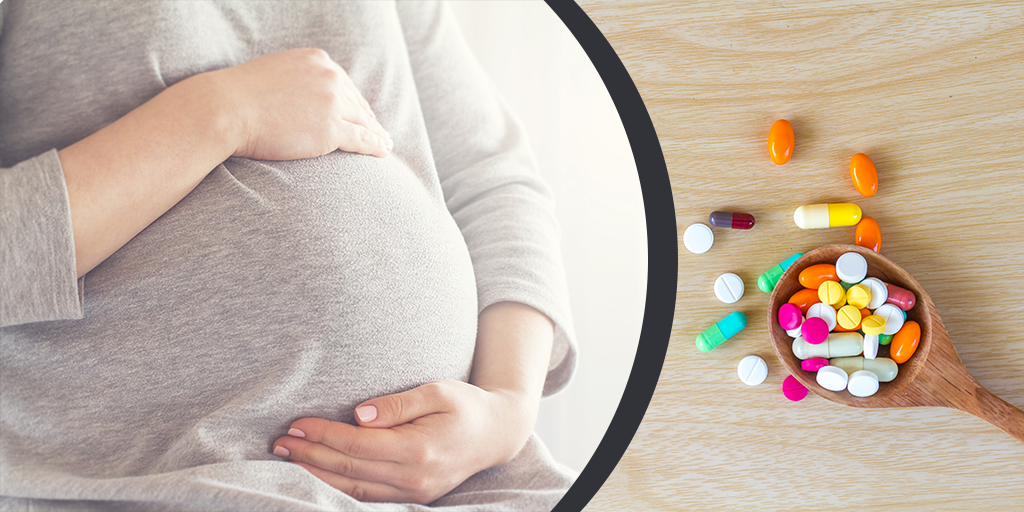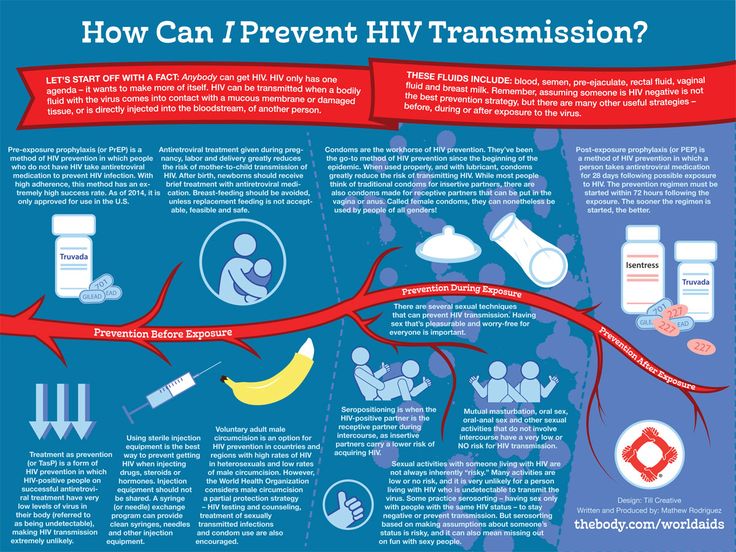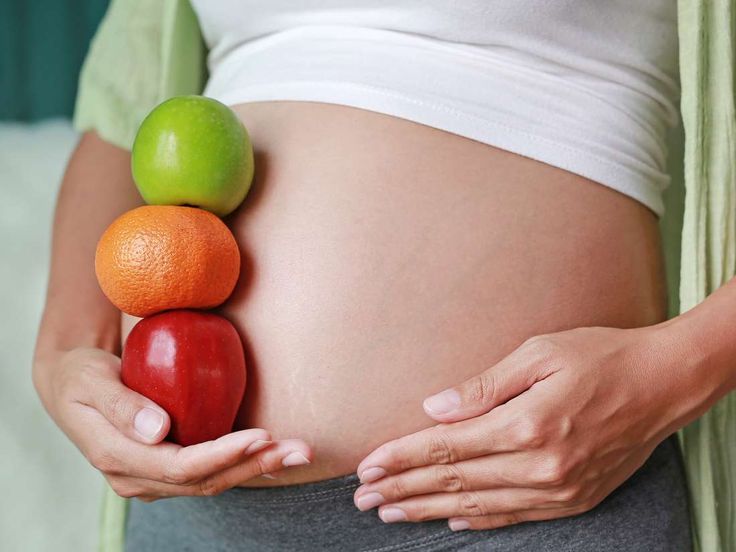Energy supplements for pregnant women
7 Natural Pregnancy Energy Boosters
It’s no secret that pregnancy can be exhausting. Growing baby is hard work! In fact, feeling tired can usually be one of the first signs of pregnancy, and the fatigue can persist throughout all trimesters of pregnancy.
One of the biggest reasons behind this drop of energy is the increase of the hormone progesterone. While it plays a key role in maintaining early pregnancy, progesterone can have a sedating effect on women, explains Temeka Zore, MD, a California-based ob-gyn and reproductive endocrinologist with Spring Fertility. Along with the rise of progesterone, it’s also just physically demanding to grow another human, so it’s important to ensure your body is getting the nutrients and rest it needs, she adds.
Another underlying cause of the fatigue pregnant women often feel? Changes to blood volume, blood pressure and blood sugar. “Minimizing dramatic spikes and falls in your blood sugar is best maintained by foods that can provide energy and maintain your blood sugar at more constant levels,” Zore says. “Foods such as proteins and complex carbohydrates are excellent sources of energy that provide essential nutrients for your body and can maintain your blood sugar levels.” While caffeine and sugar may be your normal go-tos for a quick energy boost, during pregnancy they’ll likely result in a “energy high” (due to blood sugar spiking) followed by a crash, leaving you feeling just as tired as you felt before.
Luckily, there are plenty of other excellent options for boosting your pregnancy energy levels naturally. Keep reading to learn about seven foods that’ll help you boost energy in pregnancy and win the fight against pregnancy fatigue.
Image: IrinaPhVideo | Shutterstock
1. Water
Okay, this one isn’t food, but if you’re wondering how to get energy while pregnant, making sure to hydrate is one of the best ways. Water is the main component of blood and helps carry key nutrients to your cells, and fatigue is one of the first signs your body is low on fluids. Very few women actually drink six to eight glasses of water per day, and when you’re pregnant you’re supposed to have even more, since your body is busy making baby’s amniotic fluid.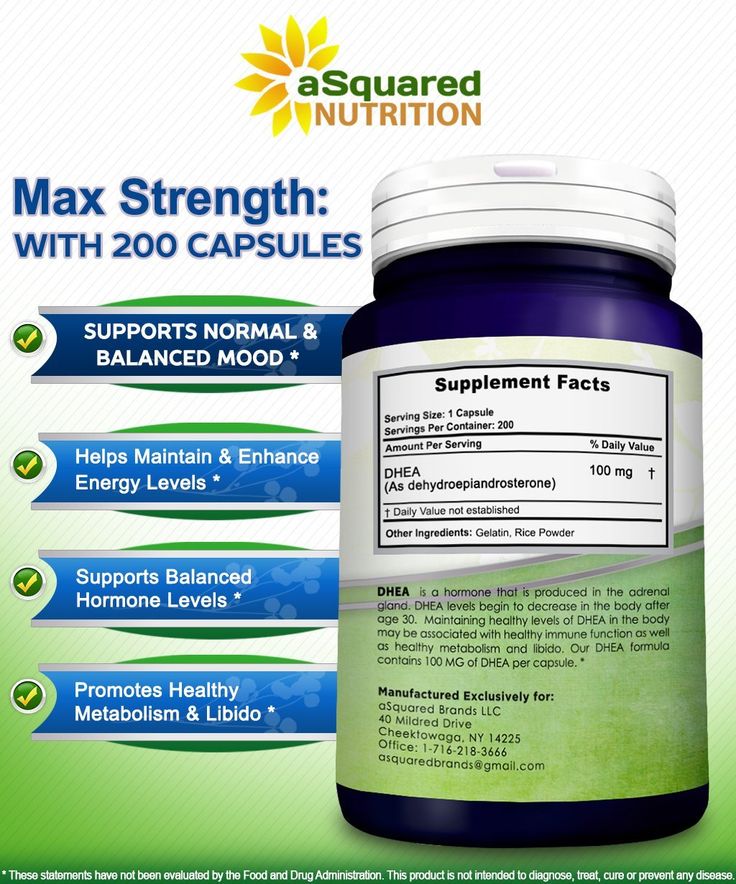 (The water you drink helps constantly replenish the fluid supply.) Dehydration can also up your risk of urinary tract infections and preterm labor.
(The water you drink helps constantly replenish the fluid supply.) Dehydration can also up your risk of urinary tract infections and preterm labor.
Sick of plain water? Frances Largeman-Roth, a registered dietician and author of Feed the Belly: The Pregnant Mom’s Healthy Eating Guide, suggests drinking coconut water, or adding mint, lemon, lime or cucumber slices to your h3O for a subtle kick of flavor. However you like your water, the key is carrying an 8-ounce bottle with you all day and sipping from it often.
Image: Respiro | Shutterstock
2. Nuts
Snacking throughout the day can help keep your energy up during pregnancy—and nuts are a convenient (and healthy) option to carry with you. They offer protein and fiber to keep you fuller longer, plus healthy fats (including brain-boosting omega-3s) and magnesium (which you should be getting 350 milligrams of a day). The one caveat: Nuts have a lot of calories. Opt for the ones that take longer to eat, like shell-on pistachios, to give your body more time to register that it’s full.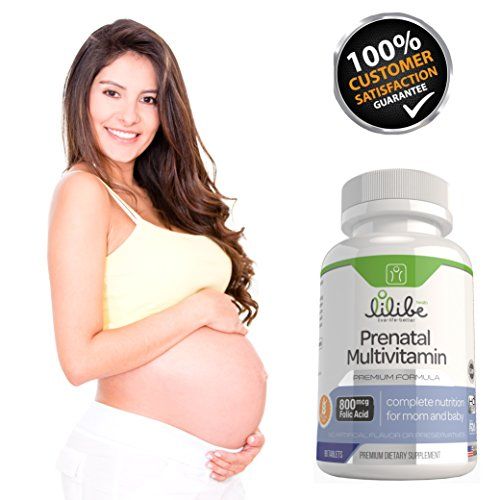
Image: angelbandala | Shutterstock
3. Oatmeal
Yet another reason not to skip breakfast! Oats are loaded with iron and zinc, two elements known for kicking fatigue to the curb. Plus, “oatmeal is rich in B vitamins, which are great for energy,” says llyse Schapiro, MS, RD, CDN, a certified dietician based in Greenwich, Connecticut. Not only do B vitamins support healthy cell function and help metabolize macronutrients such as proteins, carbohydrates and fats, but they can also be great for people with anemia, as they help with blood regeneration. Oatmeal is also rich in soluble fiber—a slow-burning carbohydrate that’s great for sustained energy—and beta-glucan, a type of fiber that may help improve insulin sensitivity and reduce the risk of type 2 diabetes, Largeman-Roth explains.
Image: Poring Studio | Shutterstock
4. Mangoes
Most pregnant women are mildly anemic, especially during the final stages of pregnancy when the body is preparing for birth and producing a ton of extra blood.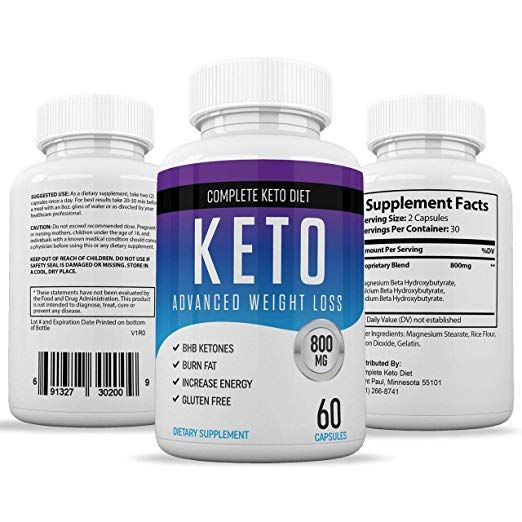 And—you guessed it—anemia makes you tired. Your lifesaver? Mangoes. “The natural fruit sugars in mangoes lift energy levels,” Largeman-Roth says. “Plus, fresh mango is an excellent source of folate, which can help prevent birth defects.” Mango also has vitamin C, which helps your body absorb the energy-boosting effects of iron-rich foods, like lean red meat and beans.
And—you guessed it—anemia makes you tired. Your lifesaver? Mangoes. “The natural fruit sugars in mangoes lift energy levels,” Largeman-Roth says. “Plus, fresh mango is an excellent source of folate, which can help prevent birth defects.” Mango also has vitamin C, which helps your body absorb the energy-boosting effects of iron-rich foods, like lean red meat and beans.
Image: Ataly | Shutterstock
5. Spinach
Spinach is an excellent example of an iron-rich food. Iron helps transport oxygen throughout your body, and a lack of iron can leave you feeling exhausted. One cup of boiled spinach offers 6.4 milligrams of iron. Keep a bag of it on hand for salads and sautés, and even sneak it into your Sunday lasagna. Note that while spinach is high in iron for a veggie, you need a whopping total of 27 milligrams of iron each day during pregnancy—so keep taking your prenatal vitamin too.
Image: Michelle Patrick | Shutterstock
6. Sweet Potatoes
Here’s another food to help you reach your iron quota and boost energy—one medium sweet potato offers 0.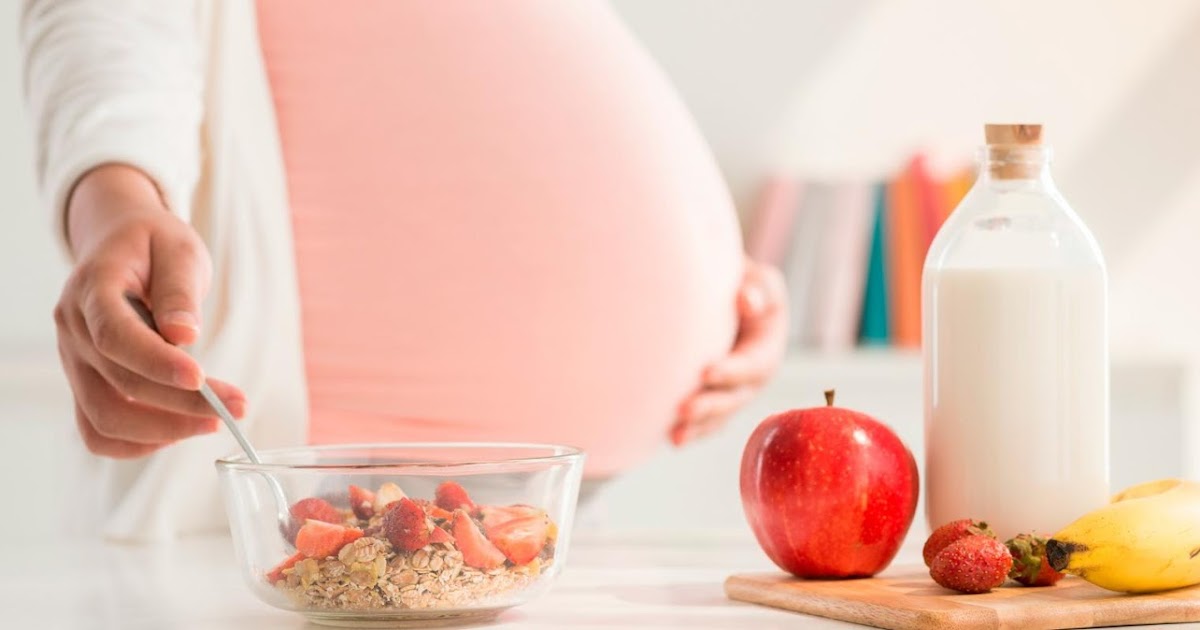 8 milligrams. Plus, the vitamin C and copper help your body absorb the iron. Bonus: Your body uses a sweet potato’s beta-carotene to make vitamin A, which helps baby’s eye, bone and skin development.
8 milligrams. Plus, the vitamin C and copper help your body absorb the iron. Bonus: Your body uses a sweet potato’s beta-carotene to make vitamin A, which helps baby’s eye, bone and skin development.
Image: Melica | Shutterstock
7. Apples
The phrase “an apple a day” was invented for a reason. Apples contain plenty of boron, another mineral that can help naturally boost energy, Schapiro says. Plus, they boast natural sugars like glucose and fructose, both simple carbs that can help offer a quick energy boost without blood sugar spikes. They’re also full of fiber (a little over 4 grams!), which can be effective when trying to regulate and control blood sugar. Yet another benefit to eating apples during pregnancy? According to a study that analyzed data from more than 1,200 pregnant women and their children after birth, apples may also be protective against the development of childhood asthma and allergies. Largeman-Roth recommends pairing an apple with two tablespoons of peanut or almond butter for a filling snack that has a balance of carbs, protein and healthy fat.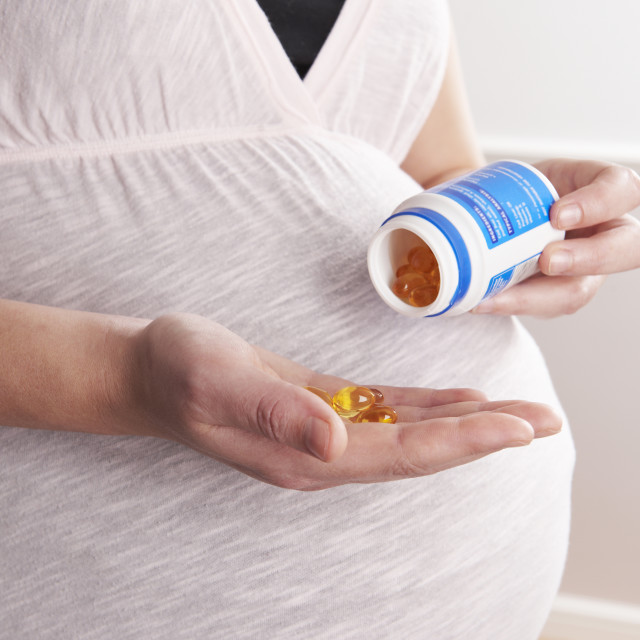
On the whole, foods rich in iron, protein and fiber are great ways to fuel the body and boost energy while pregnant. Along with the foods mentioned above, Zore suggests sneaking in eggs, salmon, beans, lentils, fresh fruits, vegetables, lean poultry, milk and cheese to help maintain your energy during pregnancy.
But remember, along with the types of food you’re eating, it’s also important for pregnant women to pay attention to how often they’re eating. Eating smaller meals more frequently to maintain a healthy diet in pregnancy is beneficial for a couple reasons, Zore explains. First, nausea and vomiting may prevent some women from eating larger meals. Second, in the third trimester, your expanding uterus will compress your stomach and digestive system, including your bowels, making it harder to consume larger meals, she says. Smaller, frequent meals are not only easier on your stomach, but they can also help reduce heartburn, nausea and other digestive issues while still maintaining your energy and blood sugar levels.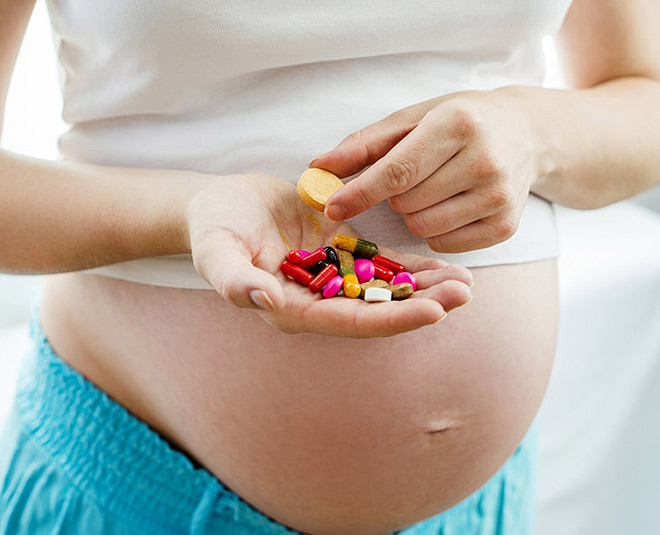
If you’re eating well and still feel super-sluggish, it could be due to an underlying problem. Take to your OB, who may want to test for anemia or check your thyroid.
About the experts:
Temeka Zore, MD, is an ob-gyn and reproductive endocrinologist practicing at Spring Fertility in San Francisco. She received her medical degree from Indiana University School of Medicine.
Frances Largeman-Roth, RDN, is a nutrition expert and New York Times bestselling author of books Feed the Belly: The Pregnant Mom’s Healthy Eating Guide and Eating In Color: Delicious, Healthy Recipes for You and Your Family. She earned her undergraduate degree from Cornell University and went on to complete her dietetic internship at Columbia University.
Ilyse Schapiro, MS, RD, CDN, is a certified nutritionist who runs a private practice in Greenwich, Connecticut. She is a graduate of New York University’s Nutrition and Dietetics Master’s program.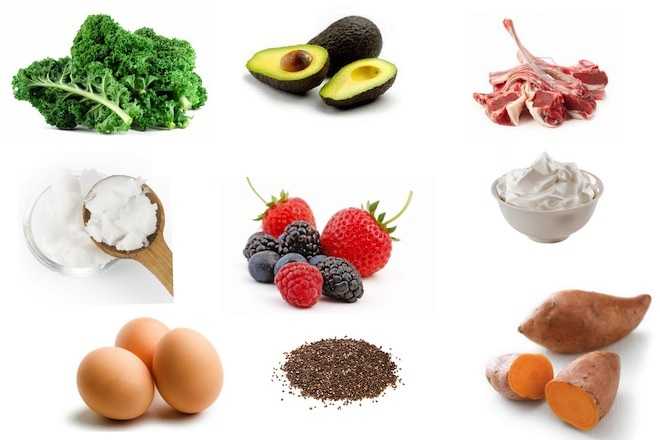
Please note: The Bump and the materials and information it contains are not intended to, and do not constitute, medical or other health advice or diagnosis and should not be used as such. You should always consult with a qualified physician or health professional about your specific circumstances.
Plus, more from The Bump:
Why Pregnancy Makes You So Tired (and How to Up Your Energy)
10 Foods to Eat for Baby
Worst Foods for Pregnant Women
Energy Supplements for Pregnancy - Caffeine Free Energy Drink
Made in USA
Non-GMO
Description
No coffee? No problem! Here's a caffeine-free, pregnancy-safe multivitamin drink mix. Designed to give you the energy you need while trying to conceive, expecting, and even postpartum.* Our caffeine-free energy drink for pregnancy is also gluten-free, vegetarian, and non-GMO, with a natural watermelon flavor.
Directions
Use before, during, or after pregnancy.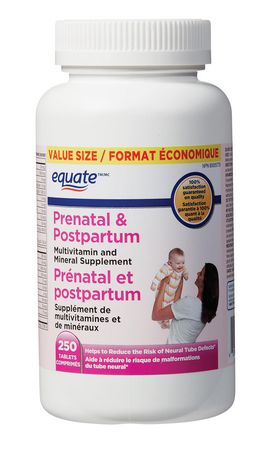
Mix one packet per day with at least 12 ounces of water (or your favorite smoothie) whenever you need an energy boost. Stir or blend well to completely dissolve.
Great for...
Each serving is packed with B vitamins to boost your metabolism and give you the support you need to keep your energy up all day.*
It’s natural, caffeine-free, and stimulant-free.
! “Take the sachet packets of energy supplements for pregnancy with you on-the-go, and you'll always have an energy boost at the ready!”
Key Ingredients
Your unique parenthood journey needs and goals are addressed with a curated selection of our ever-growing list of natural active ingredients.
DHA Algae Based
*Do not use this product if safety seal on flap is torn or missing.
Pair Vitamins
for Better Results!
Pregnancy Energy Boost pairs well with our Prenatal Vitamin. Doctors recommend taking a Prenatal Vitamin for at least 3 months before conception and throughout an entire pregnancy.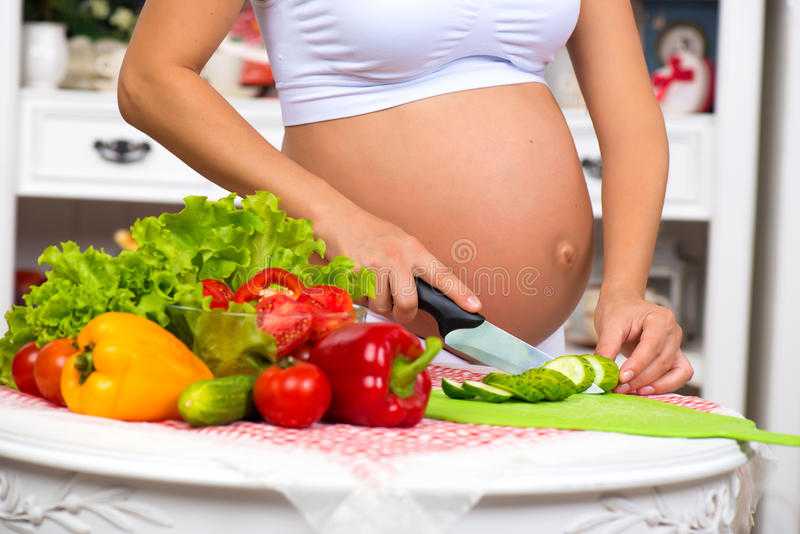
Prenatal Vitamin*
- Regular price
- One time for $34.99 Subscribe and Save 20%: $27.99 Subscribe and Save 20%: $27.99
- Sale price
- One time for $34.99 Subscribe and Save 20%: $27.99 Subscribe and Save 20%: $27.99
- Unit price
- /per
Save Sold out
- Regular price
- from
- Sale price
- from
- Regular price
-
- Unit price
- /per
Save Sold out
Frequently Asked Questions
Does Premama Energy Boost Drink Mix contain caffeine?
No, Premama Energy Boost drink mix does not contain caffeine and it is completely pregnancy safe.
If Premama Energy Boost Drink Mix is caffeine-free, what ingredients are in it?
The driving ingredients in Energy Boost drink mix are essential B-vitamins and omega-3's.
What is Vitamin B6?
Vitamin B6 assists in the development of your baby’s brain and nervous system.* Learn more here.
How often should I drink Energy Boost Drink Mix?
You can drink one serving per day to replace your morning cup of coffee.
Should I continue taking my Premama Prenatal Vitamin while also taking Energy Boost Drink Mix?
Yes, Energy Boost Drink Mix is meant to be consumed on an as-needed basis while your Premama Prenatal Vitamin should be consumed daily.
Customer Reviews
Antenatal [antenatal] dietary education and nutritional energy and protein supplementation during pregnancy to improve infant outcomes
What is the problem?
Do dietary recommendations or nutritional energy and protein supplements during pregnancy improve infant outcomes, and are there any adverse effects? Do these interventions affect malnourished and well-nourished pregnant women and their babies differently?
Why is this important?
During pregnancy, the baby developing inside the womb receives all its nourishment from its mother.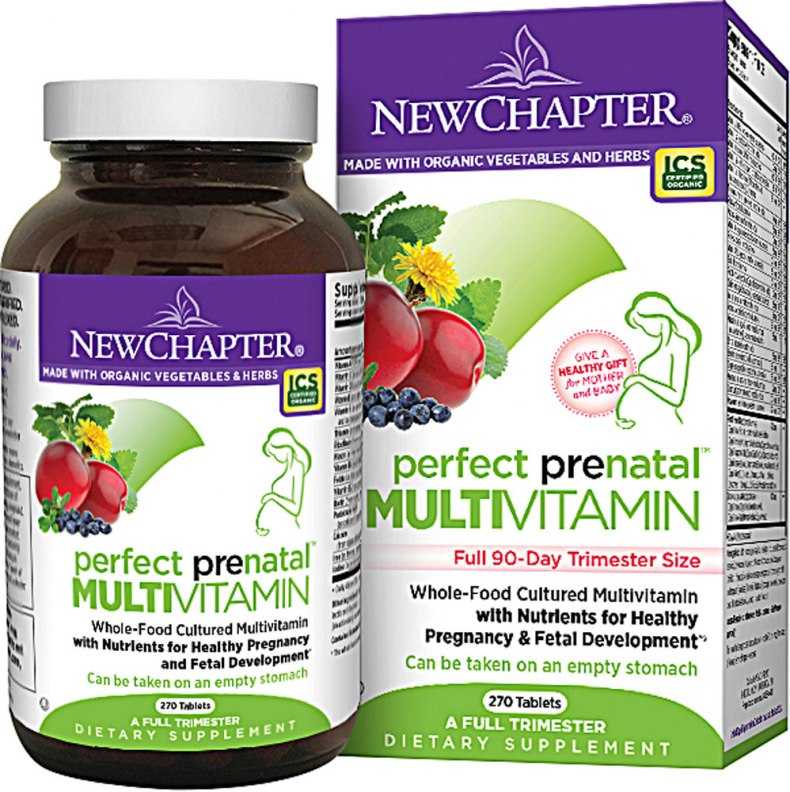 Inadequate diet during pregnancy can lead to malnutrition and adverse outcomes in the infant. Because of this, advising women on their diet and providing nutritional supplements during pregnancy can help babies grow and develop.
Inadequate diet during pregnancy can lead to malnutrition and adverse outcomes in the infant. Because of this, advising women on their diet and providing nutritional supplements during pregnancy can help babies grow and develop.
What evidence did we find
This review includes 17 randomized controlled trials involving 9030 women. The quality of the included clinical trials was low to moderate [moderate]. We reviewed several aspects of dietary and supplementary advice and presented the following main four findings.
(1) Providing nutritional advice resulted in increased maternal protein intake, fewer babies born too early (two clinical trials involving 449women) and there were fewer low birth weight infants (one trial in 300 women). One clinical trial involving 389 women showed an increase in head circumference at birth in some babies. There were also more babies with higher birth weight in malnourished women (two clinical trials involving 320 women).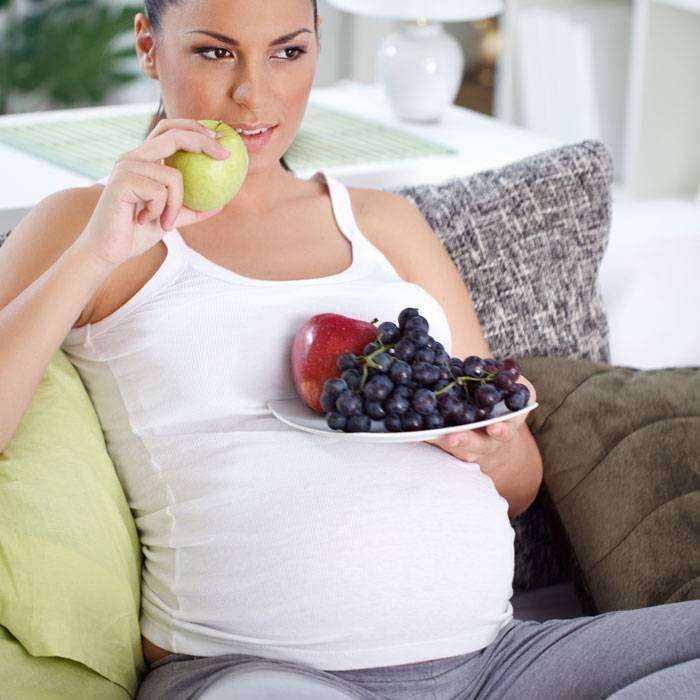
(2) Providing mothers with balanced energy and protein supplements was associated with fewer infant deaths during childbirth (five trials, 3408 women), a clear increase in birth weight (11 trials, 5385 women), and fewer number of children small for gestational age [gestational age] (seven trials, 4408 women). However, the impact on the long-term health of the infant was uncertain, including among malnourished women.
(3) High protein supplements (one trial of 1051 women) showed no benefit to women and potential harm to the infant due to an increase in infants small for gestational age at birth.
(4) Isocaloric protein supplements (i.e., balanced supplements in which protein replaces equal amounts of other nutrients, such as fats and carbohydrates): showed no benefit to women or their infants in terms of birth weight and weekly gain weight during pregnancy (two clinical trials involving 184 women).
What does this mean?
Providing nutritional advice or balanced energy and protein supplements to women during pregnancy may be helpful.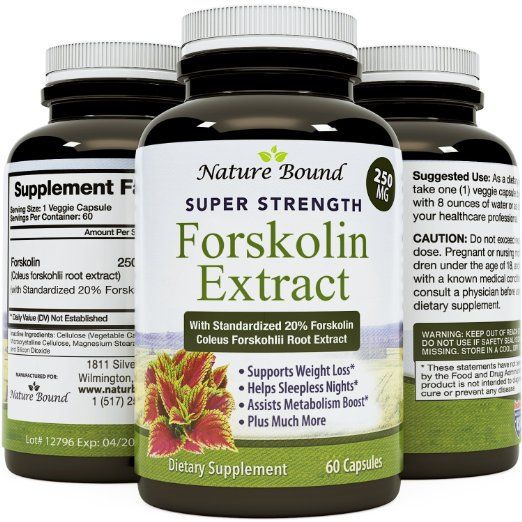 However, there is insufficient evidence for isocaloric protein supplements, which currently appear to be useless, and high protein supplements may be harmful.
However, there is insufficient evidence for isocaloric protein supplements, which currently appear to be useless, and high protein supplements may be harmful.
Translation notes:
Translation: Yudina Ekaterina Viktorovna. Editing: Ziganshina Lilia Evgenievna. Russian translation project coordination: Kazan Federal University - an affiliated center in Tatarstan of the Northern Cochrane Center. For questions related to this translation, please contact us at: [email protected]
What nutritional supplements are useful for pregnant women to take
From the moment of conception, a woman is no longer alone, and the amount of calories consumed, the volume of vitamins and minerals is not enough to provide them for an adult and a second developing organism. Of course, you do not need to eat for two and enter the sick leave, because you can easily continue the normal rhythm of life. But during pregnancy, your body already needs additional nourishment in order to pass on all the most valuable and important to the unborn baby.
Need more nutrients
The period of gestation causes a woman's need for macronutrients to increase. We are talking about increased consumption of proteins, carbohydrates and fats.
With a normal rhythm of life, the protein norm is 0.8 grams per 1 kilogram of body weight, and during pregnancy this figure increases to 1.1 grams.
The norm of substances enriched with vitamins, minerals and microelements increases significantly. These components are important for maintaining maternal growth and proper fetal development at every stage of pregnancy, thereby ensuring the proper functioning of all systems, cell signaling.
With a correct and varied diet, you can fully meet your needs for all the necessary micronutrients.
Among the main reasons why women take nutritional supplements and vitamin complexes during pregnancy are the following:
- nutrient deficiency - if a blood test reveals a lack of specific minerals or vitamins, then special supplements are prescribed.
 This is necessary, especially if there is a deficiency of folate, as it can cause birth defects for the baby born;
This is necessary, especially if there is a deficiency of folate, as it can cause birth defects for the baby born; - Hyperemesis gravidarum is a complication during pregnancy, accompanied by vomiting and nausea. Often results in weight loss and nutritional deficiencies;
- limited nutrition and strict diet - if you are a vegan, have an allergy or intolerance to certain foods, follow a strict diet, then the body needs to be saturated with minerals and vitamins in order to protect itself from unforeseen deviations and health disorders in the future;
- smoking - despite the fact that this bad habit is not combined with pregnancy, there are many women who allow themselves to smoke. In this case, you need to saturate the body with vitamin C and folate;
- multiple pregnancy - if you are carrying more than one baby, but several, then the body's need for micronutrients increases already several times. Mothers need to provide good nutrition so that future children are healthy;
- gene mutations, in particular MTHFR - this gene converts folate into the form that is used by the body.
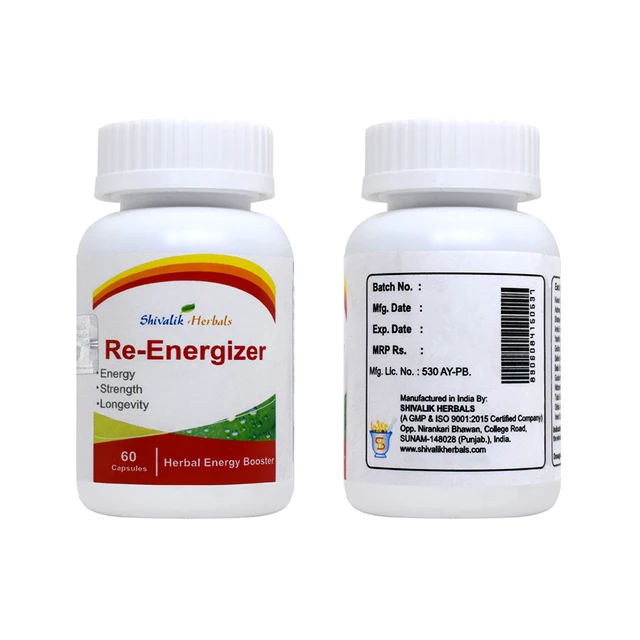 If a pregnant woman has such a mutation, care should be taken to supplement her intake of folate to protect herself from the risks of complications;
If a pregnant woman has such a mutation, care should be taken to supplement her intake of folate to protect herself from the risks of complications; - poor diet, malnutrition - when malnourished and consuming foods poor in vitamins, the body experiences a lack of them, and then it is necessary to compensate for the needs through nutritional supplements.
Representatives of the American Congress of Obstetricians and Gynecologists, as well as experts who share their views and positions, advise all pregnant women to take vitamins, especially folic acid. You also need to review your diet and adjust the foods you eat to prevent birth defects in a child. One of the most common pathologies is spina bifida.
All of the above reasons encourage expectant mothers to take vitamin and mineral supplements.
Pregnancy Herbal Supplements
Natural herbal supplements are becoming increasingly popular. They can be combined with minerals.
A study found that 15. 4 percent of pregnant women in the United States take herbal supplements. However, 25 percent of this population never told their gynecologist that they were taking drugs.
4 percent of pregnant women in the United States take herbal supplements. However, 25 percent of this population never told their gynecologist that they were taking drugs.
Only some types of herbal products are safe and harmless to the fetus, and there are many substances that are fraught with danger and harm to the mother's body.
There are herbs that are effective for complications during gestation, such as relieving nausea, relieving indigestion, but most other herbs pose a threat to the mother's body and to the health of the fetus.
Research aimed at studying herbal supplements and their effect on the pregnant body, so many aspects remain unexplored, which does not allow us to confidently declare the benefits of herbal preparations for pregnant women.
The Safest Supplements for Women During Pregnancy
Like drugs and medications, all micronutrients and vitamin or herbal supplements must be reviewed and approved by your gynecologist to prescribe the correct dosage and determine if it is appropriate and appropriate to take them in a particular situation.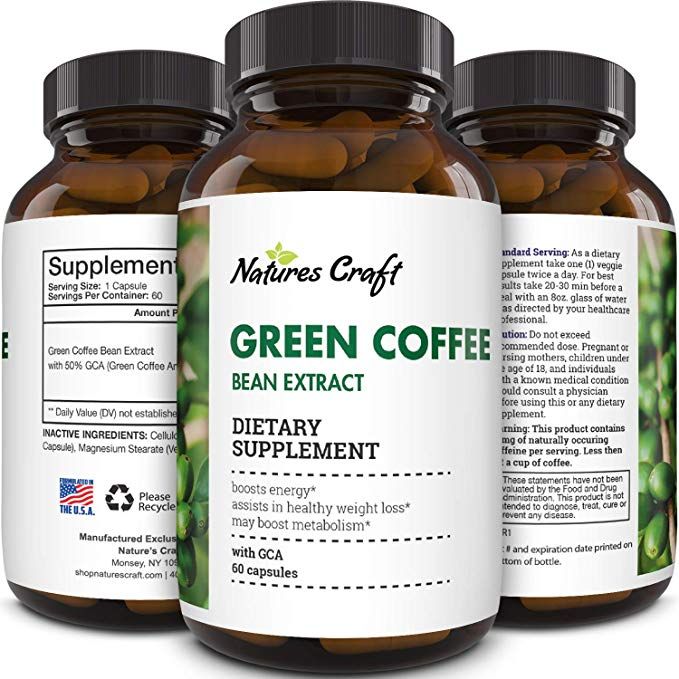
If you're buying your own vitamin supplements, be sure to go for a well-known brand that submits their products to testing and independent labs. In particular, there must be a quality mark from the United States Pharmacopoeia Convention (USP). Thus, it can be understood that the product meets the declared quality and safety standards for use.
This ensures that the vitamins meet quality standards and are generally safe to consume.
Prenatal Vitamins
These substances are multivitamins designed specifically to meet the micronutrient needs of the female body to ensure a smooth and smooth pregnancy.
They can be taken during pregnancy planning, during fetal development and further after childbirth during lactation.
Observational studies have shown that taking vitamins helps mothers-to-be avoid the risk of preterm birth and preeclampsia. The latter is a very dangerous complication, accompanied by an increase in pressure and a splash of protein into the urine.
Despite the fact that prenatal vitamins cannot be a full-fledged replacement for proper and healthy food, they nevertheless prevent the lack of important trace elements and saturate the body with all the substances that are important during pregnancy.
Intrauterine vitamins contain many minerals and vitamins that are difficult for pregnant women to do without, but there is no need for additional preparations, unless they are prescribed by a doctor.
Prenatal vitamins are available over the counter but are prescribed by your gynecologist.
Folate
Folate is a B vitamin that is involved in DNA synthesis, helps produce red blood cells, and promotes fetal development and growth.
Folic acid is an artificial form of folate found in many dietary supplements. In the body, it is converted into an active form called L-methylfolate and has a beneficial effect on the body.
The recommended amount of folic acid for pregnant women is 600 micrograms per day. The trace element reduces the risk of damage to the neural tube and prevents congenital anomalies, for example, protects against heart defects and cleft palate.
The trace element reduces the risk of damage to the neural tube and prevents congenital anomalies, for example, protects against heart defects and cleft palate.
Scientists conducted five randomized trials on a group of 6105 women. Folic acid was required to reduce the risk of neural tube defects. At the end of the experiment, the researchers found no side effects.
The modern diet, even the healthiest, does not meet the daily requirement for folate. But with the usual rhythm of life, this is not felt and does not affect health in any way, but during pregnancy, when a woman keeps a new life in herself, care must be taken to ensure that the body receives the entire dose of the trace element.
Experts at the various Centers for Disease Control and Prevention recommend that all pregnant and expecting women take at least 400 micrograms of folate each day.
This is due to the fact that many conceptions are not planned, and birth defects of the fetus can appear very early, even before the woman knows about her condition.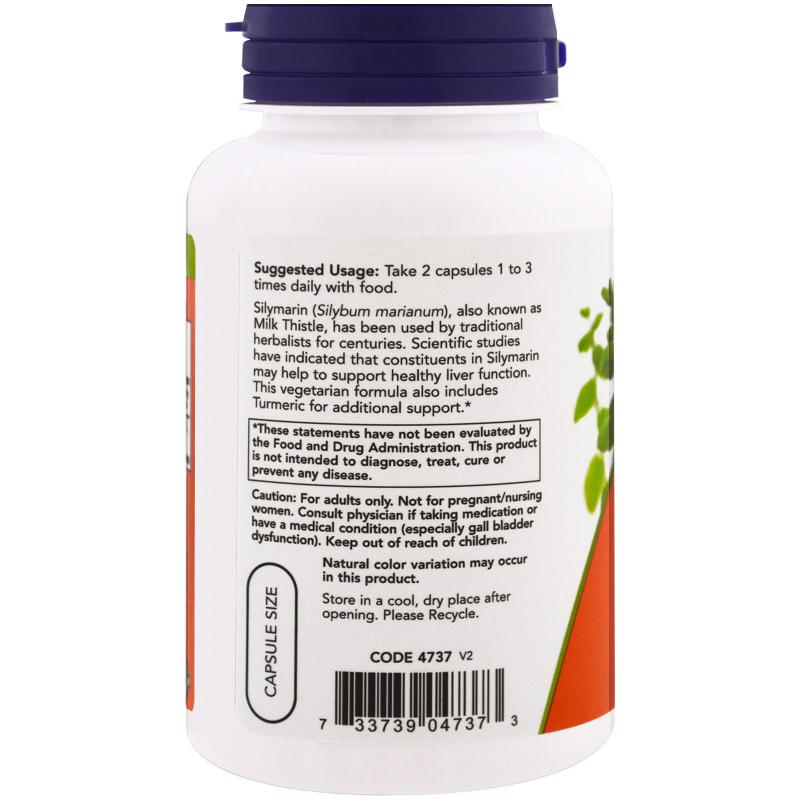
If a woman has an MTHFR mutation, it is best to choose supplements with the active form of L-methylfolate, as this is the best absorption of micronutrients.
Iron
Due to the fact that the volume of blood in women during periods of gestation increases by 50 percent, the body's need for such an element as iron increases. This component is used for the development of the fetus, as well as for transporting oxygen to the internal organs.
Today, approximately 18 percent of women in the United States are iron deficient, and another 8 percent are anemic. The latter disease most often occurs due to preterm birth, depression after the birth of a child and the occurrence of this disease in the fetus.
The daily rate of iron in the body, which is 27 mg, can be replenished by using specialized vitamin complexes for pregnant women. However, it should be borne in mind that during pregnancy this rate increases, due to which a larger volume may be prescribed by a doctor.
To exclude the possibility of side effects, women during the period of gestation, if they do not have a deficiency of this trace element, are not recommended to exceed the daily intake. If this recommendation is not followed, a gag reflex, a violation of the stool and an increase in hemoglobin levels may occur.
Vitamin D
Vitamin D is recommended to normalize the functioning of the immune system, strengthen bones and restore cell division. An acute shortage of this element in pregnant women can lead to the need for a caesarean section, to premature birth or to the development of gestational diabetes.
Women during pregnancy are recommended to consume up to 600 IU per day. However, according to experts, some pregnant women may have a much higher need for this element.
Before taking this vitamin, it is recommended that you consult your doctor and test for vitamin D deficiency.
Magnesium
Magnesium is used by the human body to carry out a huge number of chemical processes. It is used to normalize the functioning of the nervous and immune systems, as well as to maintain muscle function. Under the condition of an acute shortage of this mineral in the body of pregnant women, the likelihood of premature birth and the development of chronic hypertension increases significantly.
It is used to normalize the functioning of the nervous and immune systems, as well as to maintain muscle function. Under the condition of an acute shortage of this mineral in the body of pregnant women, the likelihood of premature birth and the development of chronic hypertension increases significantly.
The use of appropriate nutritional supplements can reduce the risk of preterm birth and ensure the proper development of the fetus.
Ginger
In most cases, ginger root is used as a spice. However, it can also be used as a remedy for nausea, which can be caused by intoxication, chemotherapy, or motion sickness.
So, during research, scientists were able to find out that the root of this plant can be used as a remedy for nausea and vomiting during pregnancy, which in 80 percent of cases are observed in the first trimester.
Despite this effect, more research is needed to determine the safe dosage of ginger and prevent negative effects on the mother and fetus.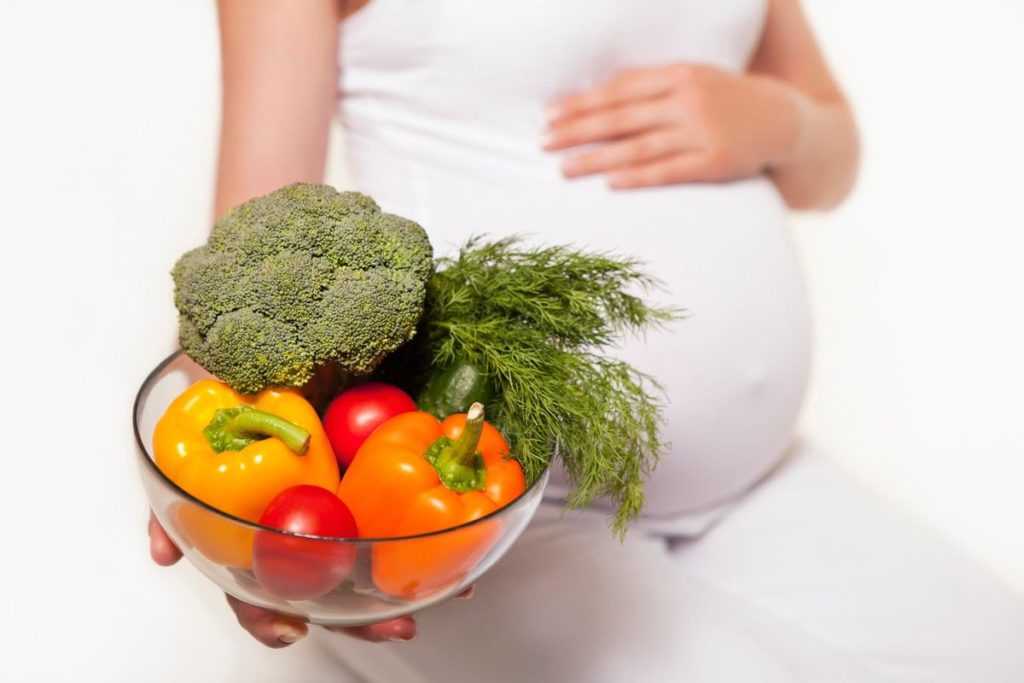
Fish oil
The main components of fish oil recommended during pregnancy are DHA and EPA, which are necessary for the normal development of the brain of the unborn child. Moreover, the use of these trace elements can prevent the development of depression in pregnant women.
Although pregnant women have seen improvements in cognitive function and better brain development in the fetus during the period of fish oil consumption, scientists have not been able to confirm that this effect is not temporary, but permanent.
For example, one study of 2,400 women found no difference in brain development in children whose mothers took 800 mg of DHA per day from children whose mothers did not take these supplements. This study also demonstrated that this micronutrient has no effect on the development of depression in pregnant women.
However, despite this, the use of fish oil can reduce the risk of preterm birth and significantly improve the development of the eyes of the fetus.
Scientists have also noted that DHA is safe for pregnant women. It can be obtained not only through supplements, but also through the consumption of fatty fish such as salmon, pollock and sardines.
Probiotics
Most women during pregnancy are actively interested in probiotics - microorganisms that improve the digestive process. In this regard, several studies have been conducted demonstrating that the consumption of these substances is absolutely safe for the body.
For example, in one study, scientists found that the consumption of probiotics can significantly reduce the risk of developing diabetes, depression, and skin diseases in the fetus.
Researchers are currently continuing to study the effect of probiotics on the body of pregnant women, which will allow them to soon identify a number of other positive aspects of taking these substances.
Which dietary supplements are not recommended for pregnant women
Although most nutritional supplements are recommended for pregnant women, some of them can adversely affect the health of the mother and fetus. Consider the main substances and products that are not recommended for pregnant women.
Consider the main substances and products that are not recommended for pregnant women.
Vitamin A
Although vitamin A is important for the development of fetal vision during embroidery, taking it as a dietary supplement can be extremely harmful. An excessive amount of this trace element can lead to disruption of the liver and damage to this organ in the mother, which in turn can cause the development of birth defects in the baby.
Therefore, during pregnancy, it is recommended to consume foods rich in this vitamin rather than supplements.
Vitamin E
This fat-soluble vitamin helps to strengthen the immune system and improve the transmission of heredity to the child. Despite the fact that this substance is important for the body, its use is highly discouraged during gestation. This is due to the fact that an excessive amount of the nutrient component can increase pain in the abdomen and lead to rupture of the amniotic sac.
Black cohosh
Black cohosh is a herb that belongs to the buttercup family and is used to relieve menstrual pain.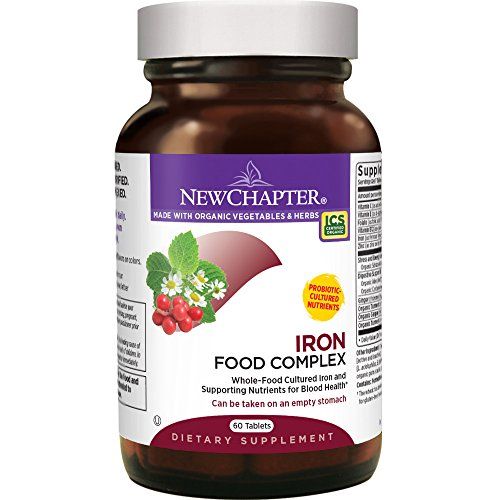 Due to the fact that this herb promotes uterine contractions, which can lead to premature birth, its use during pregnancy is highly undesirable.
Due to the fact that this herb promotes uterine contractions, which can lead to premature birth, its use during pregnancy is highly undesirable.
In addition, scientists have found that this plant can cause liver dysfunction and destruction of this organ.
Hydrastis
Hydrastis, more commonly known as Goldenseal, is a plant whose extract is used to treat diarrhea and respiratory infections. It contains a substance called berberine, which increases the symptoms of jaundice in children.
The use of this herb or supplements containing it can cause damage to brain cells and even death. In this regard, its use is not recommended for pregnant women.
Dong Quai
Dong Quai root has been used in Chinese folk medicine for 1,000 years to relieve menstrual discomfort and normalize blood pressure. However, despite its benefits, the effectiveness of this plant is highly questionable.
Due to the fact that the root of this plant stimulates uterine contractions, which can lead to miscarriage or premature birth, its use is not recommended during gestation.
Yohimbe
Yohimbe is a food supplement made from the bark of specialized trees native to West Africa. This supplement is used to treat a range of conditions ranging from prostate problems to obesity.
Yohimbe is highly discouraged during pregnancy as it can increase blood pressure, cause heart failure and muscle spasms.
Other herbs not recommended for pregnant women
Other herbs not recommended during pregnancy include:
- Saw palmetto;
- clover;
- yarrow;
- pennyroyal;
- wormwood;
- ephedra;
- angelica;
- blue cohosh.
Conclusion
Pregnancy is the time of gestation and growth of the fetus in the womb, during which proper nutrition is the main factor on which the health of the child depends.
Although some nutritional supplements can be very beneficial for pregnant women, there are many that can still harm the health of both the mother and the unborn child.